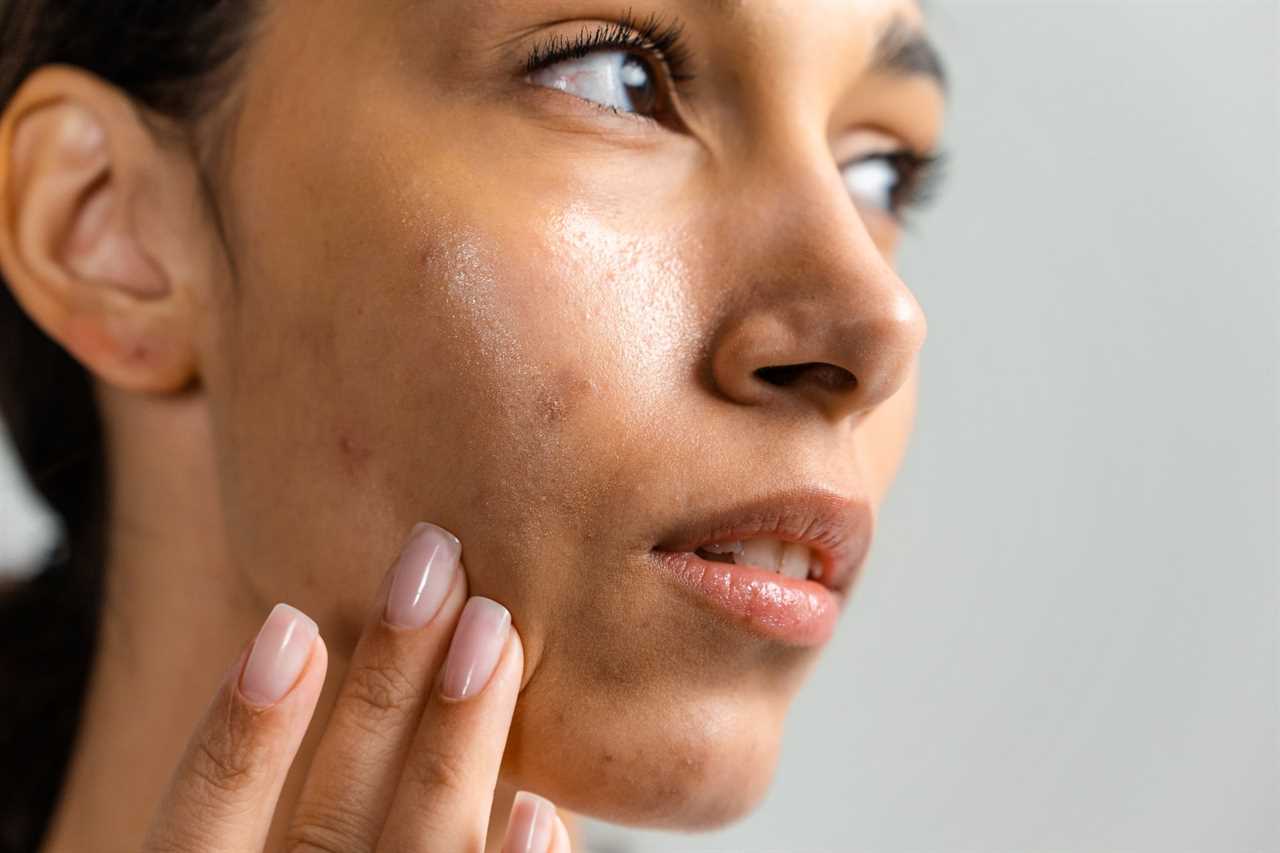
It seems like each week, a new skin-care ingredient takes center stage. We've all likely praised the brightening properties of vitamin C and used hyaluronic acid to hydrate our hair and skin. But there's always something new to get your hands on. If you're looking for one that evens skin tone by fading dark spots and acne scars, hop on the arbutin train.
What Is Arbutin?
"Arbutin is a compound that is extracted from the bearberry plant and is a glycosylated form of hydroquinone," board-certified dermatologist Marisa Garshick, MD, FAAD, tells us. According to Medline Plus, the ingredient works to inhibit tyrosinase (the cells that produce melanin) activity, resulting in the reduction of melanin formation, which helps to reduce dark spots and discoloration. Melanin is what gives your skin, hair, and eyes pigmentation — the more melanin you produce, the darker these parts of your body will be, according to Cleveland Clinic.
Arbutin's Benefits For the Skin
The ingredient "offers preventive measures against hyperpigmentation and can brighten and lighten existing hyperpigmentation," board-certified cosmetic dermatologist Deanne Mraz, MD, says. Arbutin can also lighten the appearance of acne and surgical scars. When using it, you'll notice the reduction of discoloration — or melanin formation — while helping your skin appear brighter.
How to Use Arbutin
If your skin-care routine already contains brightening products such as masks, serums, toners, face washes, and other topicals, there's a good chance that arbutin is listed as an ingredient. Implementing these products into your regimen isn't difficult, but it takes careful planning.
"I recommend using it in serum form after cleansing and before applying heavier skin care, makeup, or SPF so it can be absorbed," Dr. Mraz says. You can use it up to two times daily, and it would be easy to apply in the morning and evening.
Arbutin Side Effects
When it comes to side effects, the chances of having a reaction to arbutin are very low. It is a very gentle ingredient and "pretty tolerable and safe for all skin types," Dr. Garshick says. However, there's always a chance of an allergic reaction when introducing a new ingredient to the skin. It's best to do a spot test with any new additions in your routine to ensure you won't experience any irritation or negative side effects before applying it to your entire face.
"If you have a chronic skin condition like psoriasis or rosacea, I always recommend discussing changes in your skin-care routine with your dermatologist to better manage the outcome and keep track of triggers and solutions," Dr. Mraz says.
Ingredients That Shouldn't Be Mixed With Arbutin
"Arbutin plays nicely with other popular, skin-savvy actives such as vitamin C and AHAs," Dr. Mraz says. "The only thing you can 'do wrong' is apply it incorrectly," she adds, explaining that "it should be applied to clean, dry skin so it can be absorbed." She advises against layering it on top of heavy skin care or makeup because it won't work as effectively and could potentially clog your pores.
Dr. Garshick says that pairing it with other ingredients that "address discoloration such as vitamin C and exfoliating acids like glycolic acid and kojic acid" can further assist in diminishing your hyperpigmentation. However, it's still a good idea to consult with your dermatologist before cocktailing other ingredients.

Did you miss our previous article...
https://naturesmart.us/beauty/tiktok-and-the-rise-of-sephora-kids-how-beauty-influences-tweens
 HealthWellnessFitnessBeautyVideosPrivacy PolicyTerms And Conditions
HealthWellnessFitnessBeautyVideosPrivacy PolicyTerms And Conditions
